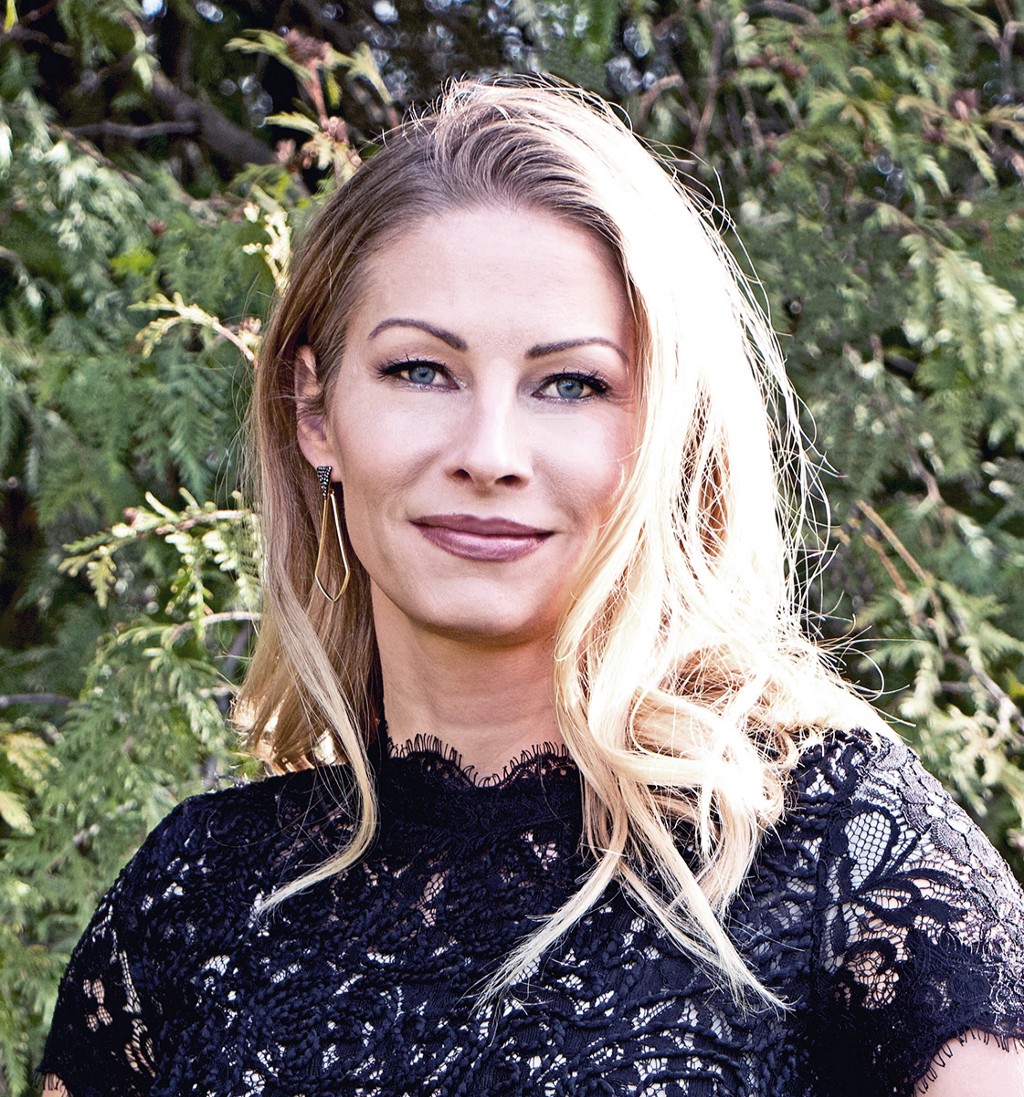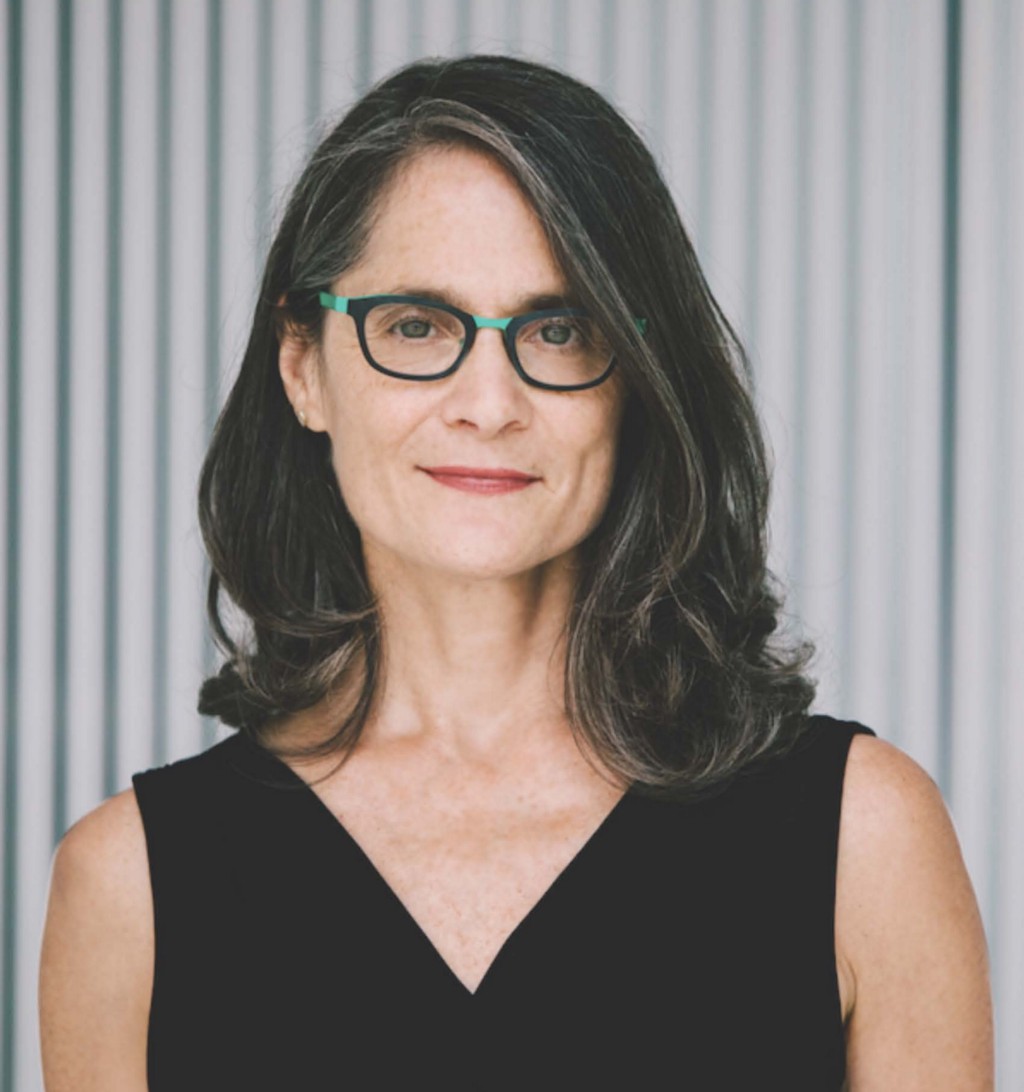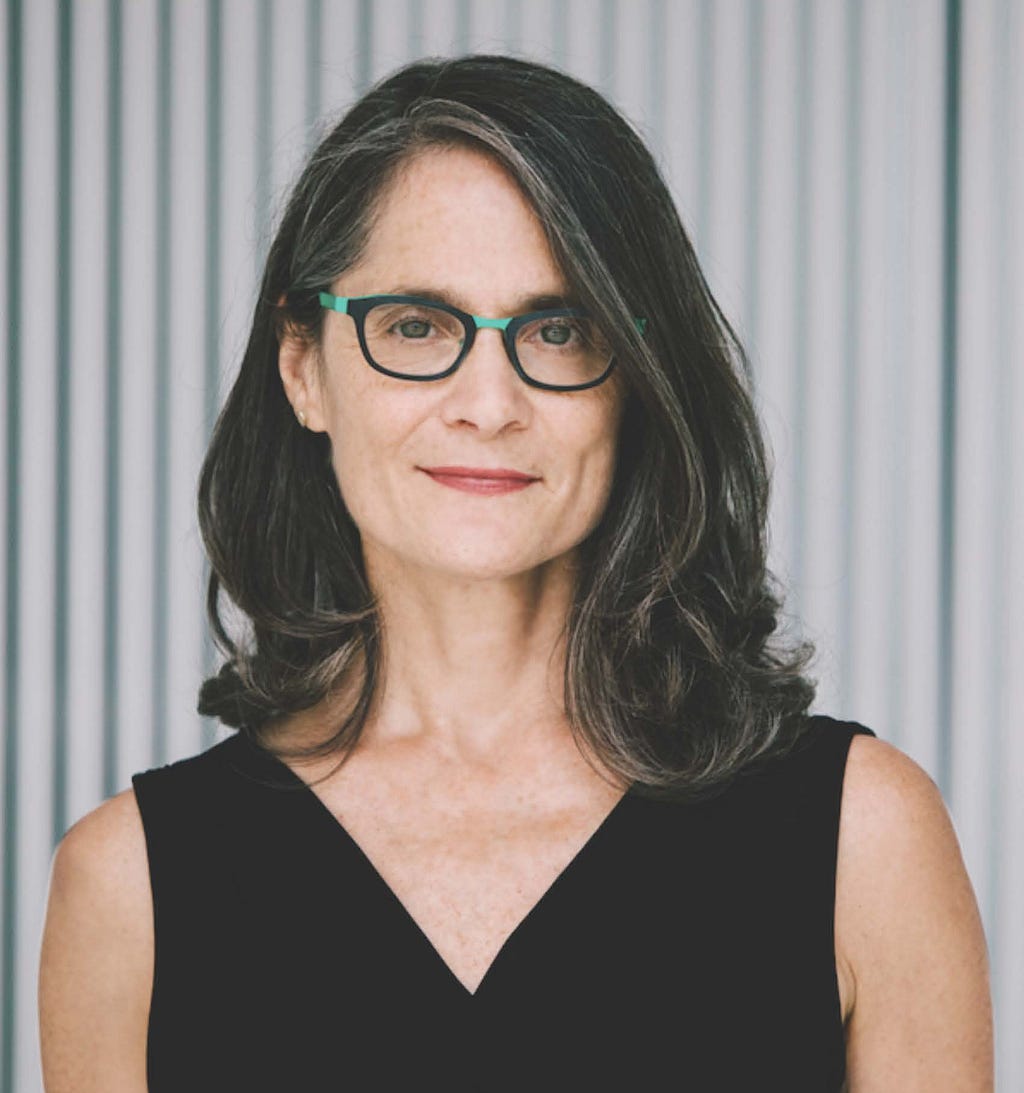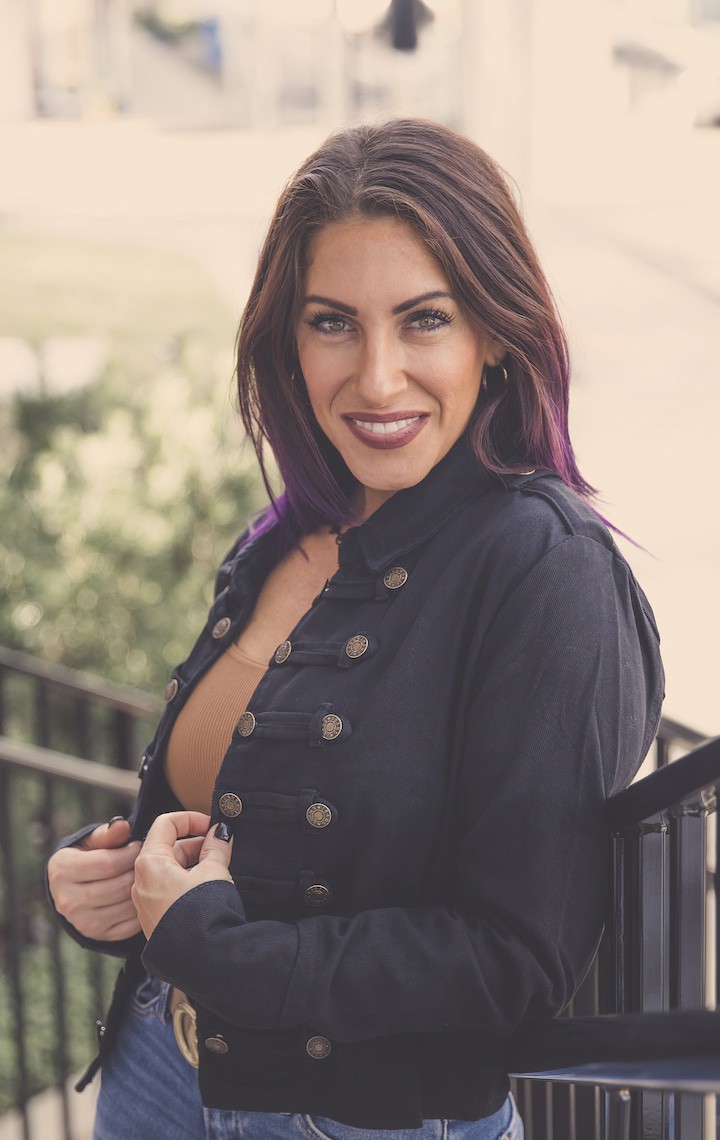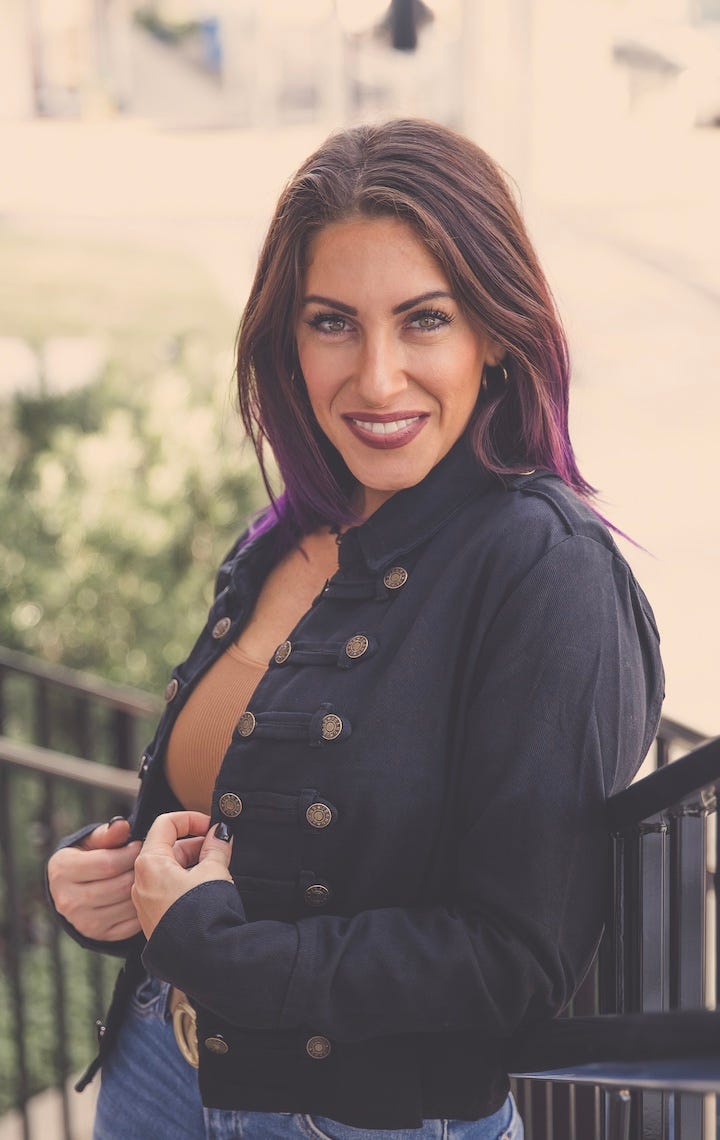An Interview With Candice Georgiadis
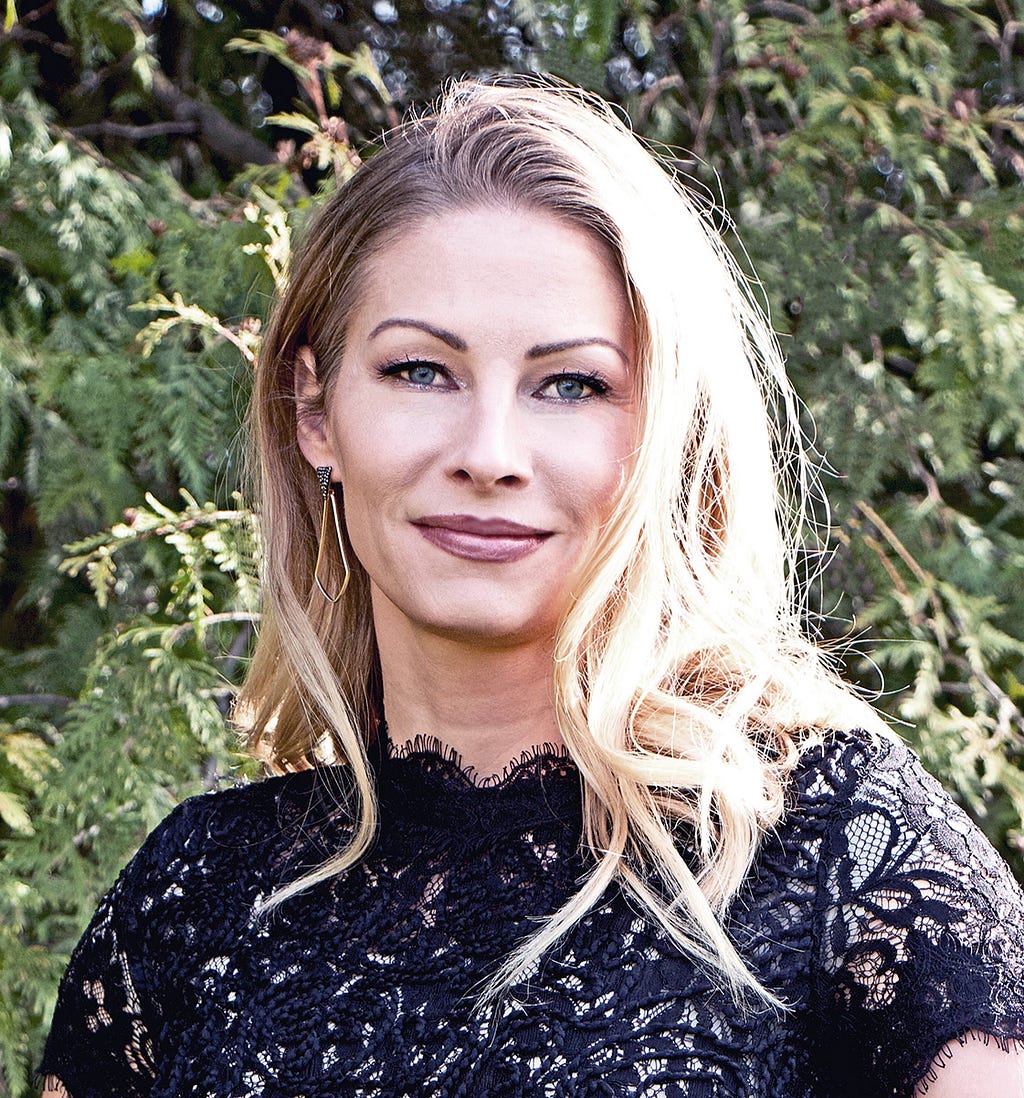
Is your passion stronger than your excuses? In a conversation with the first coach I have ever hired, I was sharing my vision of what I felt called to create in the world, and the challenges I perceived with trying to make a difference in the world while also prioritizing my family. My coach Adam responded by saying “Carie, is your passion stronger than your excuses?” It stopped me in my tracks, and I realized as I focused on what I perceived to get in the way, it was preventing me from making it possible, and if instead I poured my energy into fueling the vision, I could create solutions to make it a reality. I have this question written on my calendar as a reminder.
As a part of our series about women who are shaking things up in their industry, I had the pleasure of interviewing Carie Bailey.
Carie Bailey works privately with high profile change-makers to become even more successful in their private life than they already are professionally so they can magnify their intentional impact in the world.
Through investing 24 years in partnering intellect with inspiration and studying human development, psychology, relationships, integrative health and wellness, and healing trauma and attachment wounds, Carie discovered the root cause of relational division and disconnection, and how we each can activate our ability to liberate ourselves from it.
It is Carie’s mission to cause a collective remembering of who we truly are- healing disconnection from our higher nature to fundamentally shift how we show up in our relationships with others so we can become powerfully present for the rising generation and create unity in our world.
Thank you so much for doing this with us! Before we dig in, our readers would like to get to know you a bit more. Can you tell us a bit about your “backstory”? What led you to this particular career path?
I had a very painful childhood, and even though I was surrounded by adults who may have been able to help me, I didn’t know how to talk about what I was living through with anyone. The one time I mustered up enough courage to try, it did not turn out well, so at a young age I searched for books that would help me understand how to get through life.
My thirst for solutions continued and led me to graduate school where I studied Marriage and Family Therapy. While in graduate school, I took every opportunity I could to go to conferences to meet with the creators of various models of therapy to personally ask them my questions.
My perpetual search for answers was both personal and professional. Over the years I had tried working with several mental health professionals who I knew made an incredible difference for so many people. I couldn’t figure out why, for me, getting to the root cause of my profound loneliness felt like a mosquito itch that no one could quite reach deeply enough to get to.
Even with “strength-based” practitioners, after sharing what felt like just the tip of the iceberg of what I had gone through, time after time it seemed to overwhelm them. I was told that I had the worst level of trauma they had ever seen, or that given what I had gone through I shouldn’t be functional, and my personal favorite- that I should be institutionalized given my Adverse Childhood Experiences (ACEs) score.
So many people I worked with when I worked as a therapist shared with me their unfortunate stories of “going through” many mental health professionals without the improvement in their circumstances they desired. Often I would hear that I was their last hope- that if this didn’t work, they would just accept that there was no hope for them.
Throughout my clinical experience, my colleagues and I were intrigued to find that there was a very noticeable common theme with the individuals, couples, and families who gravitated towards me. They all had horrific and deeply traumatic experiences they were trying to overcome, yet, they each also had a level of resiliency that defied clinical expectations according to the ACEs scale- just like me. I saw in them an incredible strength, determination, and will to overcome that allowed them to turn their pain into fuel to rise above. They had broken the cycle of what they came from for their own children, were successful business owners, and industry pioneers.
Each individual, couple, or family had a different description of what they were in search of, yet, they were all essentially looking for the same thing- deep internal peace, and the ability to finally feel safe enough emotionally with another human being to bring them into their internal world. Each one had created walls or even fortresses around their hearts to protect themselves from getting hurt again, and now in relationships when they wanted to feel deeply seen and connected, these protective barriers had become their prisons and prevented them from being able to feel safe with emotional and for some even physical intimacy.
While my clients came from diverse backgrounds with very different circumstances, the other commonality was actually a trait their parent’s shared. So many of my clients were born to parents who because of their own woundings or constraints could not see their child(ren)’s value and worth, did not have the strength to end damaging transgenerational patterns, or did not know how to become emotionally accessible and safe enough for their child(ren). I discovered that my clients were Children Of The Wounded . . . just like me.
On my personal healing journey, I tried many different approaches and professionals in search of someone or something to heal me, and discovered that I was the one I needed. I learned that I felt disconnected from others because I was disconnected from myself. I realized that the real trauma from my upbringing, even more impactful than what had happened to me, was the impact those experiences had on my relationship with myself.
Due to my experiences, I had abandoned myself by fragmenting from and forgetting who I truly am. My healing was a spiritual journey. I discovered first-hand that there is some pain so deep only heaven can reach it, and that healing this level of trauma would only come by restoring my connection to the part of me that is unmarred by my experiences- the light/strength/power/Divinity within me.
Once I discovered my own self-abandonment, the impact it had on my loved ones, how to heal it, and how to begin to repair the damage I had caused by being numbed out, I finally felt liberated for the first time in my life.
My personal experience with feeling unlovable/not good enough/broken/shattered is not unique, yet too many of us spend our lives struggling with it, or running away from confronting the pain from our past, which impacts those we love in unintentional ways. I do what I do now because I feel called to help people reconnect to their light/strength/power/Divinity within so they can libertate themselves and transform how they show up for their loved ones.
Can you tell our readers what it is about the work you’re doing that’s disruptive?
I have dedicated my life to the study of how the space within us impacts the space between us in relationships, and how to create deep internal peace and transcendent relationships. Through investing 24 years in partnering intellect with inspiration and studying human development, psychology, relationships, integrative health and wellness, and healing trauma and attachment wounds, I discovered the root cause of relational division and disconnection, and how we each can activate our ability to liberate ourselves from it.
Here is the often ignored truth: our Human Default Setting (human nature + nurture) causes disconnection and division, and will prevent us from having deeply fulfilling relationships unless we override this default setting.
I am committed to ushering in a new era of highly conscious and resilient relationships by disrupting the Human Default Setting that causes disconnection to fundamentally shift how we show up in our relationships with others. My role is to share with the world how to override this default condition to obtain deep internal peace, develop the ability to get outside of our own perspective to find the wisdom in a differing view, and co-create innovative and dynamic solutions to complex challenges so we can strengthen our homes and unify our world.
Right now our homes, businesses, communities, and world are immersed in social and political divisiveness caused by disconnection. Individually and collectively we are numbed out, disconnected, distracted, and we have forgotten who we are.
The next generation are the greatest casualties of our self-abandonment. When we are numbed out, distracted, addicted, too busy, and immersed in our own drama, we do not have the eyes to see what others are going through or their needs, the ears to hear what they may not even know how to express, the heart to feel with them through being purely present, or the connection to our light/strength/power/healing/Divinity to reconnect them to theirs.
Right now the youth of our time are attacked on all sides, and they are being robbed of their innocence. Millions of babies/children/teens are being betrayed, abused, neglected, violated, and even trafficked by those they should be able to trust, and they don’t know where to turn for help. They no longer trust us to be able to help them because collectively we have failed them. Right now, there is an entire generation that has become the Children Of The Wounded.
It is our responsibility as adults and leaders to rise to our higher nature to heal the division within ourselves and in the world for the next generation, and to use our influence to create a more profound impact in the world now. When we remember who we truly are (our higher/Divine nature), and transform our default setting, we shed the conditioning and dis-empowering impact from our experiences, and connect to the light/strength/power/healing/Divinity within us. We then see and relate to the world differently, and our ability to show up and be truly present for others in powerful ways shifts dramatically.
To deeply connect to others, we must be connected to our True Selves. To see the light and value in others, we must know the light and value within ourselves.
Can you share a story about the funniest mistake you made when you were first starting? Can you tell us what lesson you learned from that?
I chose to create this business because I felt called forward to serve in a higher and more potent way than I ever have before. I knew I needed to work with people who are deeply committed to making an absolute difference in the world, and who have an ability to influence millions of lives so that through our work together they could create a powerful ripple effect.
Prior to doing what I do now, I was using parts of my skill sets in different ways spread across entirely different populations, and was not incorporating my true superpower (my spirituality) into my work. I was excited to create a business that was finally fully authentic to who I am.
I, however, had no idea how I was going to find someone who fit the vision I had of who I felt called to work with, or how they were going to find me because I didn’t have an online presence.
While volunteering for a non-profit I was introduced to this incredible woman who I instantly felt pulled to work with, and who is exactly who I was creating my business to serve. It took a few months for us to slowly start to get to know each other, and the moment came when she expressed the desire to work with me on a time-sensitive matter. She asked for my prices, and I froze.
I had been so wrapped up in the vision of my work and developing how I was going to serve my clients that I hadn’t quite gotten to figuring out how I was going to get paid.
Instead of an authentic response to her inquiry or offering to connect on a call to explore it (which is what my instinct was to do), I did the one thing that is completely opposite of how I have designed my entire business- I deferred to someone else’s guidance rather than trusting my instinct. I sent her a long formal response that was not authentic to how I would have normally responded to her, and I never heard back.
As I have reflected on this experience, I have realized that for me there are layers to shed in regards to my actions being influenced by the perceptions of others. I tend to believe that I no longer care very much about what other people think, and I don’t spend time worrying about people’s perceptions of me. Yet, in this situation, I was worried that she would find me unprofessional because I didn’t have my prices figured out yet. This experience was a reminder to honor where I am in my process and to follow my instincts.
We all need a little help along the journey. Who have been some of your mentors? Can you share a story about how they made an impact?
I used to believe that it was a weakness to rely on others, and being strong meant not needing anyone. I have now been blessed to see that on my journey many people have had an important impact on me.
Growing up I was often told to stop being a “pot stirrer”, so I tried to go the other direction and became a people-pleaser. Not too long ago, I realized that I was born to disrupt for a specific purpose. I would not have remembered who I am or what my role is had it not been for Divine guidance in my life, which has been my greatest mentor, for which I am eternally grateful.
When I remembered who I am and discovered my role, I re-introduced myself to my husband and enrolled him in not letting me shrink back to hiding or people-pleasing. I am truly blessed to be with a man who does not feel threatened by, rather who celebrates me more fully stepping into my power.
For me, the mentors who have had the most impact in my life have been those who had the ability to direct me inwards in search for answers, and who saw in me greater potential than I may have recognized within myself.
Adrienne Williams is an incredible business woman who has become a sister to me. I casually shared with her what may have been a passing idea, and she caught my vision and is the reason I started my own business. Ashim Kumar expanded my vision of where to use my gifts in seeing the need for my skills in Legacy Family Businesses, and introduced me into that world. Adam Rubin encouraged me to more fully embrace and incorporate my spiritual gifts into my work. Shanda Sumpter set a powerful example for me of building a business around my family rather than the other way around. Kathryn Porritt was able to hear my big audacious goals and vision and challenged me to rise even higher and to unapologetically own my gifts. Martina Zorc helped me identify how to describe what it is I do in a way that makes sense to who I am here to serve. Deb Shapiro taught me the power of my voice and how to amplify its impact. Jen Gottlieb and Chris Winfield taught me the importance of bringing my message to the world. Kristin Van Wey has walked alongside me and partnered with me on this journey of remembering who we are and owning our ability to create a profound impact in the world.
My friend Joy Saavedra played a large role in my return to myself, which is what began the journey to where I am now. Joy and I connected at our children’s school and could instantly sense a mutual affinity for deeper conversations. The first time I went to her home, she invited me into a cacao ceremony she had prepared for me. We sat on the floor facing each other drinking our cacao, and she looked me in the eyes and said “So, how is your heart?”
I instantly recognized that like a laser right on the target, she identified the one thing I had avoided wanting to look at. My eyes darted around the room, and I defaulted to my typical tendency of giving a brief answer before deflecting back to her. Though a kind and gentle persistence, she smiled and asked again.
In her presence, I felt something I didn’t realize until I felt it that I had been searching for and craving my entire life- someone who truly cared to deeply see me, and who felt safe enough to bring into my internal world. I could feel with her presence that she had the ability to go into my world as deeply as I was willing to bring her, and that I could share with her the painful experiences from my past (that I had never shared, and that I hadn’t even wanted to look at myself) without it triggering her, and without any judgment.
Her presence and ability to connect with me in this way gave me the courage to finally look at something I had been avoiding, melted the ice around my heart, and activated my ability to know what I needed to do. Her powerful presence caused me to take on a new level of ownership for my life and become more intentional with my impact on others. It woke me up and changed the trajectory of my life.
Imagine the incredible ripple effect that would be possible if we each developed this ability. We each have people in our lives right now who need us to become powerfully present for them in this way. This is the skill set that the world needs right now to heal the division in our world. It starts within ourselves, in our families and intimate relationships, then will ripple out powerfully into the world in significant ways.
In today’s parlance, being disruptive is usually a positive adjective. But is disrupting always good? When do we say the converse, that a system or structure has ‘withstood the test of time’? Can you articulate to our readers when disrupting an industry is positive, and when disrupting an industry is ‘not so positive’? Can you share some examples of what you mean?
Discerning what to honor and preserve, what needs to continually evolve, and what needs to be disrupted I believe is best determined when connected to the wisdom within us rather than influenced by what is trendy in our contemporary culture.
Sometimes to correct societal culture, the pendulum can swing excessively to the other polarity with unintended consequences. For example, the feminism movement advocated for an important cause to correct an injustice in society. For some, this pendulum has swung to the extreme and what was created to advocate for the equality of women, in some circles has been translated into the view that women are better than men and don’t need them. Now women with this view are marginalizing men in the way that they originally felt marginalized.
This illustrates the importance of not having our values determined or swayed by pop culture, rather from our higher nature.
Prior to seeking to disrupt a system or structure, it is essential to consider the individual and collective impact and evaluate various methods to achieve the desired result because the method can greatly influence the outcome. For example, many great causes to advocate for equality have backfired once they turn violent or are done in a way which diminishes another, resulting in even more division.
I am not seeking to disrupt because it is trendy, or a decision made from a cognitive place- I am doing what I am doing because I feel Divinely called to it and know it will benefit humanity.
Can you share 3 of the best words of advice you’ve gotten along your journey? Please give a story or example for each.
The most impactful guidance I received on my journey was not advice, but questions that drew me inward in search for the answers. 3 of these questions are:
- What did you make that mean? One of the things I explored on my healing journey was transformational programs. I attended a Landmark course, and found myself standing in front of a room full of people being asked to share deeply painful experiences I had gone through. I am a very private person and up to this point had spent my life hiding details of my most challenging times out of shame and embarrassment. Now, in front of an entire room of people I was publicly being asked to share things people in my life didn’t know. I stared at the floor and quickly shared in as few words as I could. The instructor then asked me a question that created a turning point for me in reclaiming my power. After I shared, he asked “What did you make that mean?” As I stood there pondering his question and searching for the answers, I realized that because of what happened to me, I decided I was unlovable, shattered, and unworthy of love. Now, as an adult I was interpreting my husband’s and everyone else’s actions through that lens, and it was up to me to recreate my interpretation of the events of my life. This question continues to impact me as it has become what I regularly ask myself in my interactions with others.
- What about the power within yourself? In conversations with my friend Joy (mentioned earlier), I was sharing with her that I didn’t feel connected to a Higher Power like I wanted to, and that in some of the darkest moments of my life as I was searching for this connection for comfort and guidance, I instead felt alone and forsaken. She smiled, and asked “What about the power within yourself- do you feel connected to that?” I instinctively tilted my head as I explored what she was saying, and realized that although I knew of the Divinity within me, I was not accessing my own source of strength, guidance, and comfort. I discovered that like a child learning to walk, I was perpetually seeking to have my hand held without trying to walk on my own- knowing my parents are there and that while that connection is essential, so too is my ability to discover my own strength. This discovery led to the journey of turning what was a flicker inside of me into the flame that it is now.
- Is your passion stronger than your excuses? In a conversation with the first coach I have ever hired, I was sharing my vision of what I felt called to create in the world, and the challenges I perceived with trying to make a difference in the world while also prioritizing my family. My coach Adam responded by saying “Carie, is your passion stronger than your excuses?” It stopped me in my tracks, and I realized as I focused on what I perceived to get in the way, it was preventing me from making it possible, and if instead I poured my energy into fueling the vision, I could create solutions to make it a reality. I have this question written on my calendar as a reminder.
We are sure you aren’t done. How are you going to shake things up next?
This is just the beginning for me.
I am determined to flood the world with the tools to be able to own their ability to create deep internal peace, and meaningful and resilient relationships.
I started my work with couples initially because I wanted to change the environment kids were raised in. I am passionate about strengthening family relationships to and sharing with the world how to go from being wounded in relationships (which leads to heartbreak and broken families) to having the power to love resiliently so that we have less marriages that end in divorce.
I would love to work with the next generation of relationships so they could start their marriages being connected to themselves, having shed the disempowering impact of their experiences, and armed with the tools that will help their relationships survive the test of time and grow closer through challenges.
I am currently working on a project that will bring these tools along with means to develop financial, physical, and emotional/mental health and resiliency to 48 countries as part of a global initiative to eradicate child sex and human trafficking by repairing and strengthening homes and family relationships.
In your opinion, what are the biggest challenges faced by ‘women disruptors’ that aren’t typically faced by their male counterparts?
For me, this journey has felt like a lonely one, and I do not yet have a community of women who are on this journey with me. As I have been carving my own path, it has reminded me of a trip I went on to the Amazon jungle where I had a machete and was bushwhacking my way through thick brush carving a path to walk on. Often, I haven’t been able to see the next step to take, and it has been a continual experience of needing to trust, surrender, and perpetually turn inwards. It seems like the vision continues to get bigger than I understood it to be at the beginning of this journey.
At times I have wondered if I am misguided, and this has been quite the journey for my husband as well who has been hoping that I am not crazy when my answers to his questions about my business plan entail referring to following my internal guidance and a call I feel- which are impressions I alone am receiving.
Creating from inspiration I believe is the biggest challenge, and I look forward to being in a community with those who are also on this journey.
Do you have a book/podcast/talk that’s had a deep impact on your thinking? Can you share a story with us?
It took me over 6 months to determine how I wanted to describe who I am and what I do on my website. I finally finished the content and my graphic designer had built the website for me to review at the same time my friend introduced me to Richard Rudd’s work on the Gene Keys. As I studied his work, I felt like he so eloquently put words to all the impressions I had about who I am and what my role is over a period of several years.
I paused the work on my website to study more deeply Richard’s work, and ended up re-writing the entire material because after exploring his work, it deepened my understanding in such a beautiful way that allowed me to more fully own what I am here to accomplish.
You are a person of great influence. If you could inspire a movement that would bring the most amount of good to the most amount of people, what would that be? You never know what your idea can trigger. 🙂
I absolutely desire to inspire a movement that would bring about the most amount of good to as many people as possible. I am here to cause a collective remembering of who we truly are- healing disconnection from our True Selves to fundamentally shift how we show up in our relationships with others so we can become powerfully present to one another and unify our world.
To repair this world, we must start within ourselves by harmonizing the polarities within us and in our intimate relationships so we can become the flames that will ignite the light within others throughout the world.
When we do this, we will create deep internal peace and shift from being wounded in relationships to having the power to love resiliently.
Can you please give us your favorite “Life Lesson Quote”? Can you share how that was relevant to you in your life?
“We will experience deep internal peace and the power to love resiliently not from trying to heal our human hearts, rather in surrendering to allow the human heart to completely break, to shatter, to melt away through the refiner’s fire for our higher nature to emerge.”
I can remember when I felt my heart break for the first time, and also when I felt it shatter into a million pieces. It felt like those pieces were pulverized and would never be able to be put back together again. I didn’t feel like I even knew what love was, or had the capacity to feel it.
When I stopped trying to heal my heart, and instead allowed myself to surrender and feel the pain, the human heart was able to shed, and I discovered the part within me that is unbreakable- my True Self. Through tuning into and seeking to me led by this higher/Divine nature, I was able to connect to my own unbreakable superabundant heart.
How can our readers follow you online?
I have not yet fully embraced social media, but I do have a podcast and an app that will be coming out soon. For updates on this, or to connect with me, the best place is on my website: CarieBailey.com. I look forward to connecting with you.
Thank you for these fantastic insights. We greatly appreciate the time you spent on this.
Female Disruptors: Carie Bailey of C4K On The Three Things You Need To Shake Up Your Industry was originally published in Authority Magazine on Medium, where people are continuing the conversation by highlighting and responding to this story.


